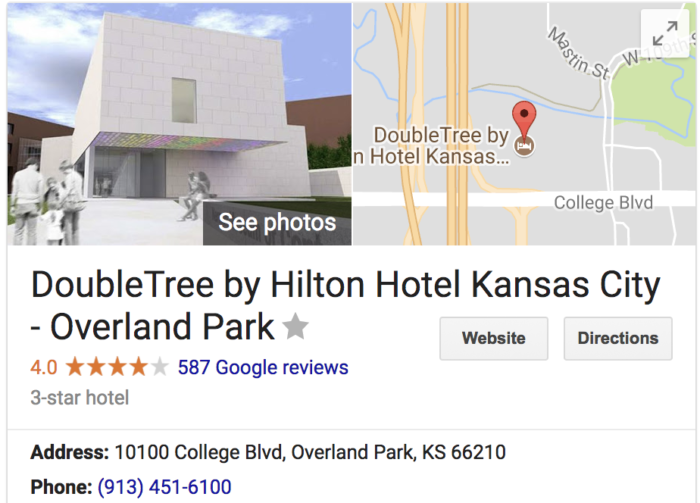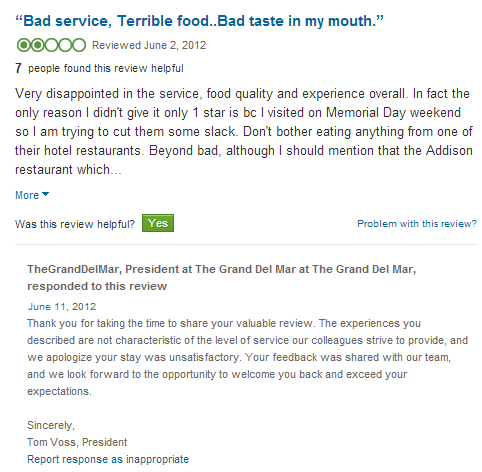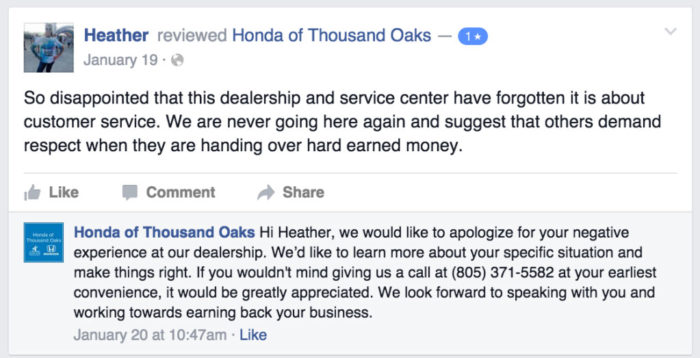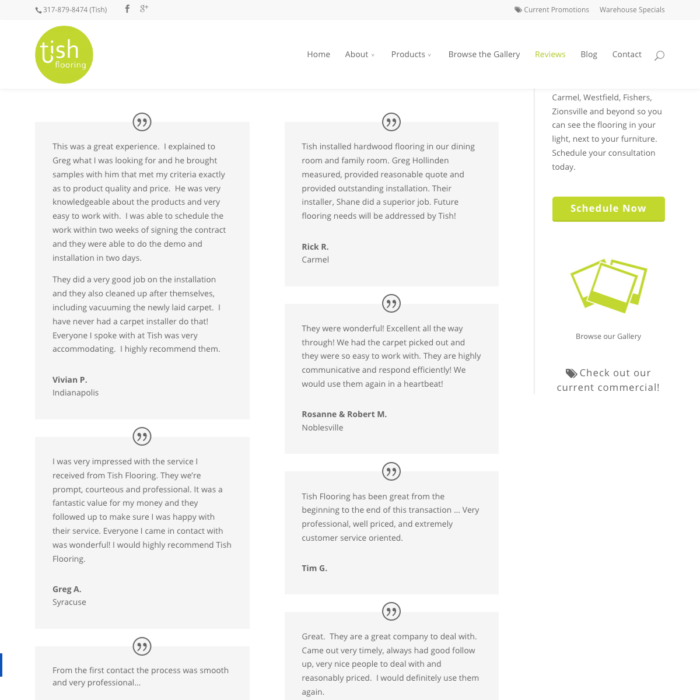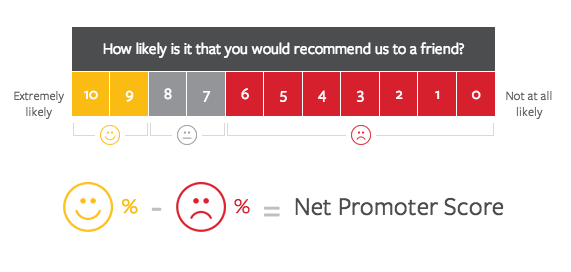If you own or manage a hotel, you know how difficult it can be maintain a stellar reputation online. With the growing popularity of alternate accommodation companies like Airbnb and Couch Surfing, it’s more important than ever to stand out from the cheaper options. Hotel reputation management involves monitoring and influencing how your hotel is perceived throughout the web. This might include adding accurate business listings with high-quality photos, TripAdvisor monitoring for your company page or asking for satisfied customers to show their appreciation online.
Think of it as the new PR. Instead of working with press releases and radio spots, focus on review sites, search engines and social media platforms. 93% of people use online reviews when determining which hotel to stay at, and 53% of people would not book a hotel that didn’t have online reviews. This means that if your hotel doesn’t have online reviews, you’re missing out on over half of your potential customers. Reviews rank second only to price in influencing factors for travelers looking for hotels. Plus, 59% of hotel executives say online reputation management is one of the biggest investment opportunities in hospitality today.
Reviews vs. Testimonials
The key different between reviews and testimonials is that reviews are outside an owner’s control, but testimonial content is controlled by the business owner. Where reviews show ratings, user profiles, images and owner responses, testimonials are typically limited to a snippet of text with little to identify the author. As such, reviews are often seen as more trustworthy by the general public. You can improve your ranking by asking satisfied customers to leave a review:
Maintain Business Listing
Your business listings should be priority one when it comes to hotel reputation management. You may not realize that there are social media platforms, review platforms and directories out there that have inaccurate information for your business. Step one is claiming your business listings. This allows you to more easily access conversations being had about your business and respond to guest feedback. Once you claim these profiles, you can fill out information about your hotel to make it easier for people and search engines to find you online. Having accurate company information makes it possible for people to find your location and contact you as well.
Include Visuals
An important part of hotel reputation management is visuals. In fact, 74% of social media marketers use visual assets in their social media marketing (more so than blogs and video). B2C marketers also place greater importance on visual content than B2B marketers. You should include high-quality photos on reviews sites and on your Google My Business page to aid travelers that are comparison shopping for a hotel. Listings with even one photo receive 225% more booking inquiries than those with no photos at all. Ideally, you would want to include as many photos as possible (aiming for 100). Photos can also be used to back up positive reviews or diffuse negative reviews.
If a reviewer says their stay was made even better by the quality of housekeeping, comment with a picture of your cleaning staff or a newly cleaned room. Negative reviews that make false claims can be rebutted with a photo proving their inaccuracy. If you don’t have enough photos of your business, you can post photos of things to do around where your hotel is located.
Responding to Negative Reviews
It’s worth your time to respond to negative reviews, since negligence can cost you thousands in lost potential revenue. It’s much easier to bring down a stellar reputation with one bad review than to build up a great reputation. Target the big review sites—Google reviews, Trip Advisor, Oyster and Expedia—and check your reviews daily to address the negative and showcase the positive. When you show people that you care about guest feedback and are using it to better the customer experience, perception improves.
A study by TripAdvisor found that responsiveness and business performance had a clear correlation. Hotels that responded to at least one review online received a 17% jump in engagement from customers. The responsive hotels also noticed an increase in overall rating. Those who responded 5-40% of the time had an average rating of 4.0/5 compared to 3.8/5 for those who didn’t respond at all. Plus, hotels that give a management response to reviews were 21% more likely to receive a booking inquiry. An effective response shows appreciation for the feedback.
Important tip: Create a balance when responding to reviews. Focus on addressing the negative over the positive for ideal hotel reputation management. A Cornell Study found that “revenue may start to decrease once the business starts responding to more than 40% of its reviews”. In fact, revenue was found to be lower when a business had a response rate of over 85% than if they didn’t respond at all. You should try to shoot for 40% to avoid this dip.
Utilize Social Media
A great way to get the word out about your positive reviews and testimonials is through social media. While people are wary of perfect, 5-star ratings, feel free to show off the positive. You can even use your company blog to compile the best, most information-packed reviews out there. What would be more enticing for you if you were hotel hunting: A Tweet saying “we have the best spa in the area!” or a quote from a satisfied customer? You should also be sure to monitor customer feedback that’s made via social media and respond to inquiries made through social media quickly. Facebook encourages businesses to maintain a high response rate by displaying the response rate on the company page. If you’re response rate is low or slow, you may be deterring potential guests. Many hotels use their social media platforms to establish and enforce their brand identity as well.
Review Page on Site
Having a separate page that systematically collects reviews and feedback can keep your reputation within your control. A dedicated reviews landing page for guests to visit can be facilitated through reputation management software, customer feedback surveys or an embedded reviews widget on your property website. Once this puppy’s up and running, share the link across your social media channels or via email reminders after a guest checks out.
Keep in mind that visitors to your site may place more trust in third-party sources, so don’t dedicate your entire reputation management efforts to a review page on site. Instead of transferring all your positive reviews to the page, pick 15-20 of the very best and list them on your reviews page. Keep them all relatively the same length—you can cut some down if you need to. Ask the reviewer if you can include a picture of them to further legitimize the review. Linking to their company site (for those who use your hotel for conferences or seminars) can be beneficial as well.
Another option is to lay out your review page in a tile format (like Pinterest). This is a good option if you don’t want to have to cut down reviews for length consistency. Adding video testimonials/reviews to your page is also a good idea for hotel reputation management.
NPS Surveys
A Net Promoter Score and System (NPS) is a tool that businesses use to see how satisfied their customers are and whether this satisfaction has led to loyalty. Using a scale of 1-10, ask guests how likely they are to recommend your hotel. Satisfied customers are more likely to share reviews and testimonials. Using the NPS survey, you can see who are your Promoters, Passives and Detractors.
The Net Promoter Score is determined by subtracting the percentage of detractors from the percentage of promoters. You categorize promoters as those who give your hotel a 9-10, passives as those who give you a score of 7-8, and detractors as those who give a 0-6. You can use this information to follow-up with the detractors about what could have made their stay more enjoyable. This helps in diffusing the potential for a negative review left online. Giving your hotel an opportunity to improve customer experience. Promoters can also be contacted directly about sources for leaving a review. Vary the reviews sites you ask your guests to leave a review on to ensure each review portal has a substantial number of entries for your business. NPS is an essential tool for hotel reputation management.
Warning: Some websites, like Yelp, actively discourage business owners from soliciting reviews. Though you shouldn’t force someone to leave a review or incentivize with discounts. You can send a brief email that cuts straight to the point. Or tell guests in person that they can review their stay online. You can also place a button on your review page that opens up a review form for easy conversions.
Analytical Tools
You can use online tools to gather data from reviews and pinpoint exactly which features draw or repel your guests. Google Alerts can be used to alert you every time someone mentions your company. Hootsuite and Buffer can be used to organize social media output, share related content and analyze performance. SEMrush also has a feature that lets you compare your site to your competitors. Once you establish your main competitor in the organic search results, you can work to beat their reviews. A key part of hotel reputation management is knowing how to use these analytics tools to your advantage. Check out a full list of reputation management tools.
Contact Us
Your number of reviews in the past year, management responses, total number of reviews and photo uploads. All play a key part in your hotel reputation management. Contact us to learn more about how our reputation management services can benefit you.

